A guide: Everything you need to know about RAM
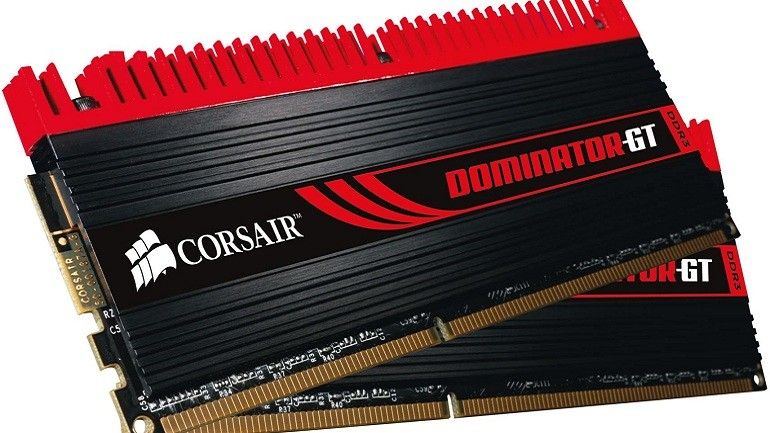
In spite of its importance, the truth is that RAM is a great unknown to many users, even for some who are above the basic level, who have not understood certain key aspects of the characteristics and functionality of this component.
This lack of understanding keeps giving rise to a lot of nonsense which we see from day to day, like for example recommendations to prioritize a higher quantity of memory over other types of components or even the recommendation to go for those with the highest clock frequency possible, period.
Because of this it tends to be very common to find unbalanced devices, which might have, for example, 16 GB of RAM but a low-level combination of CPU and GPU, and be used to copy games. This huge quantity of RAM acts like a decoy or hook in search of unwary buyers who are carried away by the great computer fiction that “it’s better because it has more memory.”
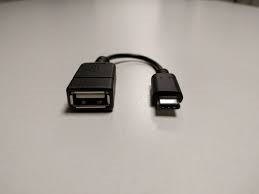
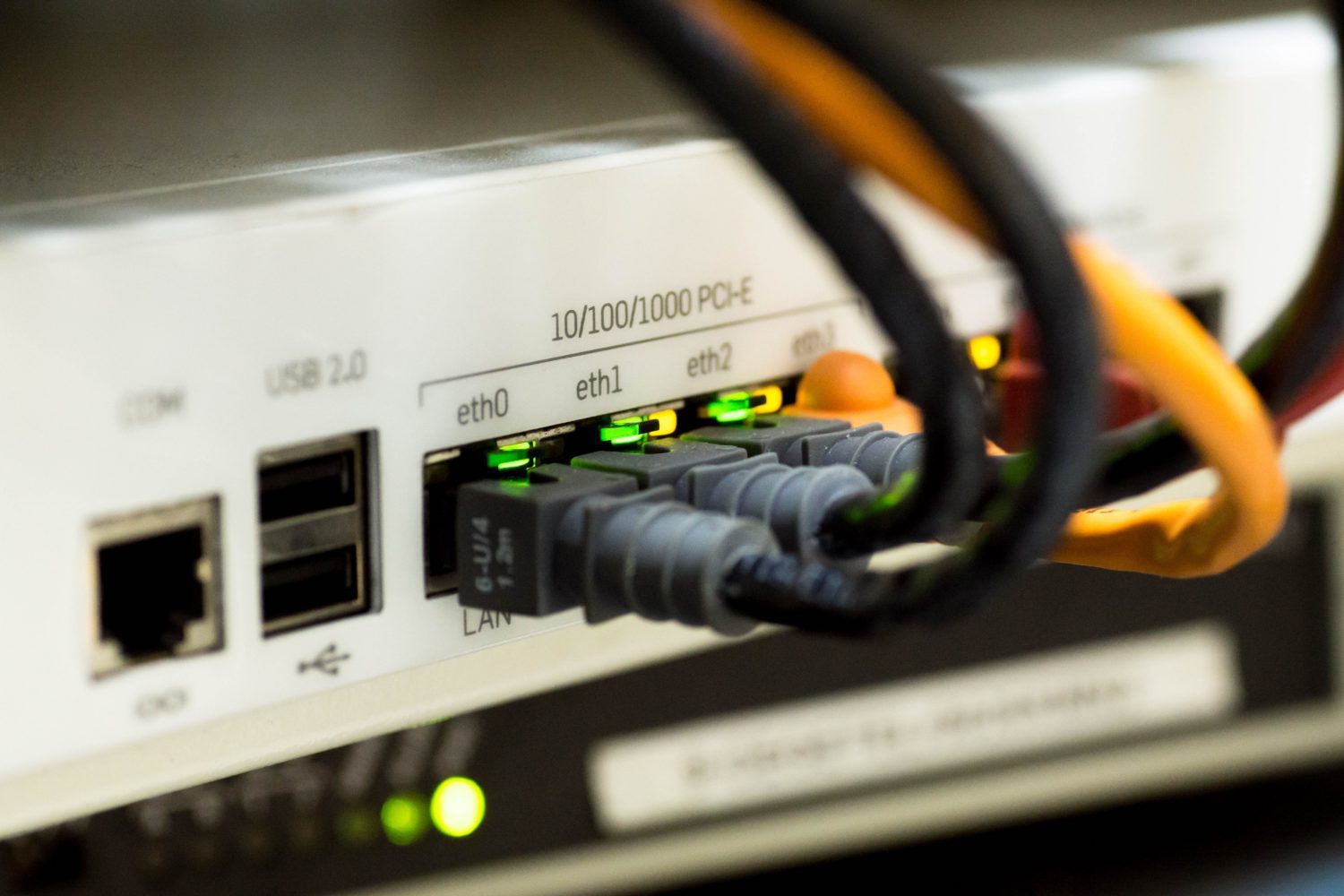 With the arrival of optical fiber we have experienced an incredibly great increase in navigation speed, and now we can navigate the internet, download and share files in the blink of an eye. But this connection speed isn’t always the real connection speed that we experience. And since we live in a technological age that is more and more mobile, when we move away from the location of our WiFi router we see that we lose signal strength, and with it, speed. Therefore we need a method to extend the coverage of our internet connection.
With the arrival of optical fiber we have experienced an incredibly great increase in navigation speed, and now we can navigate the internet, download and share files in the blink of an eye. But this connection speed isn’t always the real connection speed that we experience. And since we live in a technological age that is more and more mobile, when we move away from the location of our WiFi router we see that we lose signal strength, and with it, speed. Therefore we need a method to extend the coverage of our internet connection.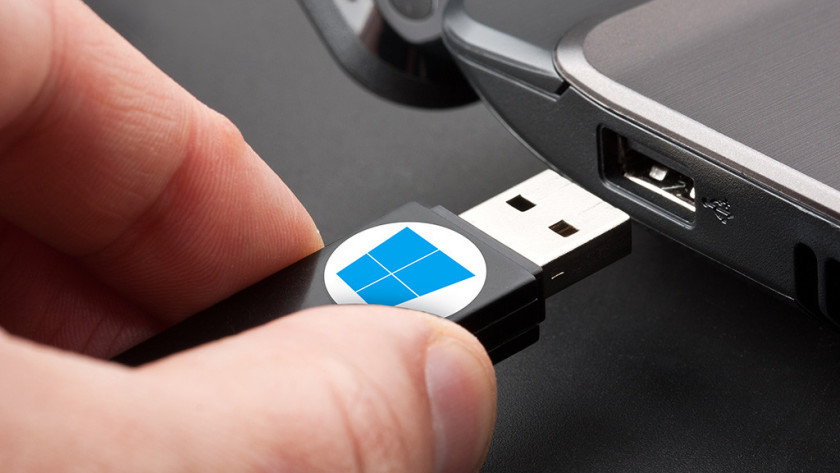
 You must admit that MSI pulled off an impressive feat of engineering by fitting so many keys on its new mechanical Vigor GK80 keyboard. Glancing at its aluminum-profiled base, you are sure to notice its 16 cleverly-situated additional function keys.
You must admit that MSI pulled off an impressive feat of engineering by fitting so many keys on its new mechanical Vigor GK80 keyboard. Glancing at its aluminum-profiled base, you are sure to notice its 16 cleverly-situated additional function keys.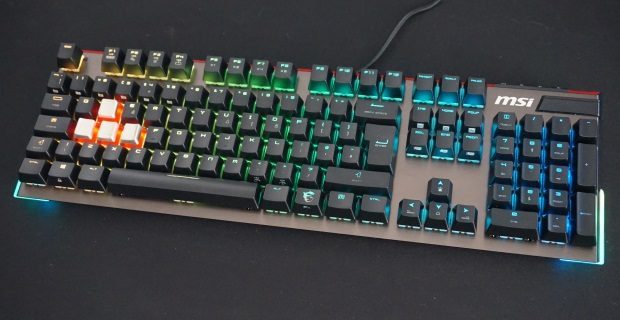 This is not including the four dedicated multimedia keys located in the upper right-hand corner or the 8 normal additional function keys located alongside the Fn keys. For a keyboard measuring 445 x 141 x 4 mm, this is quite an impressive technical achievement. But what’s the use of having so many keys? Except for a volume knob, this keyboard has all of the controls you will probably ever need – regardless of your intended use.
This is not including the four dedicated multimedia keys located in the upper right-hand corner or the 8 normal additional function keys located alongside the Fn keys. For a keyboard measuring 445 x 141 x 4 mm, this is quite an impressive technical achievement. But what’s the use of having so many keys? Except for a volume knob, this keyboard has all of the controls you will probably ever need – regardless of your intended use.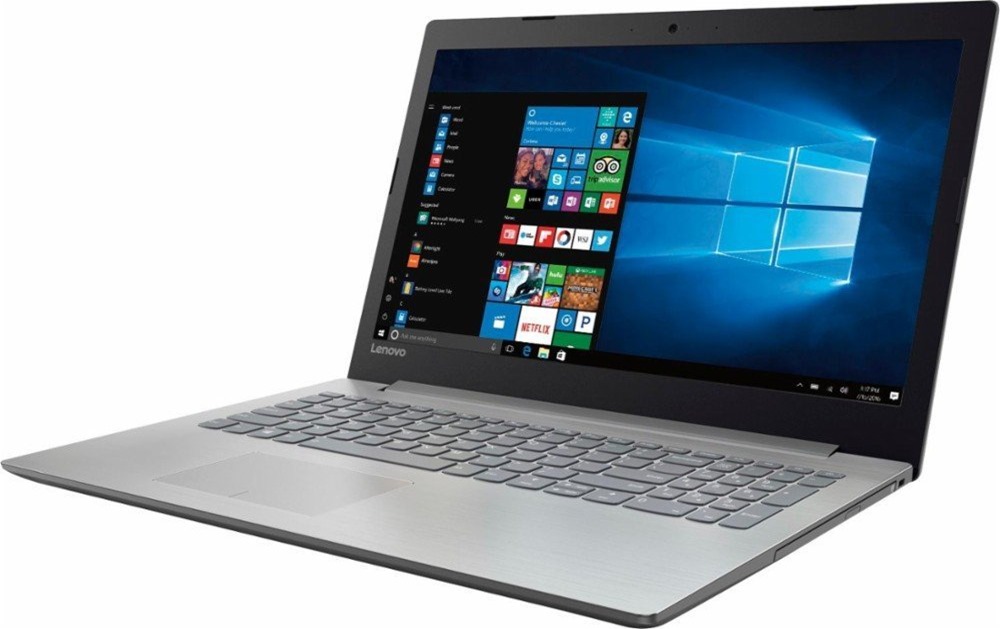
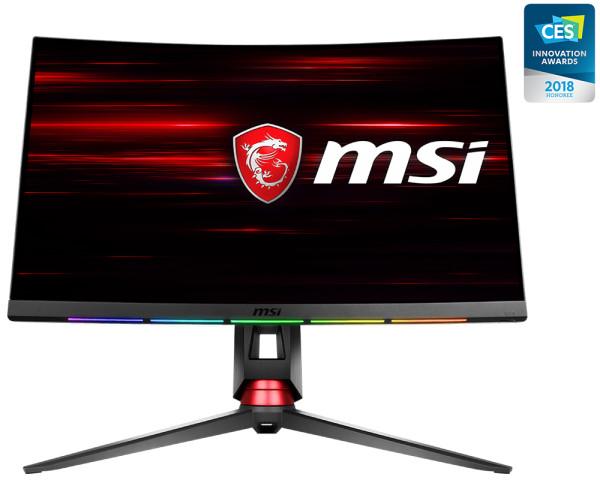
 In 2017 there has been a flood of presentations of mobile units, and one of the arguments with the most weight when it comes time to choose one is its photo or video camera. Each manufacturer tries to set itself apart in this field with technological elements like sensors or optics, which makes it a bit complicated to make a choice when buying.
In 2017 there has been a flood of presentations of mobile units, and one of the arguments with the most weight when it comes time to choose one is its photo or video camera. Each manufacturer tries to set itself apart in this field with technological elements like sensors or optics, which makes it a bit complicated to make a choice when buying.